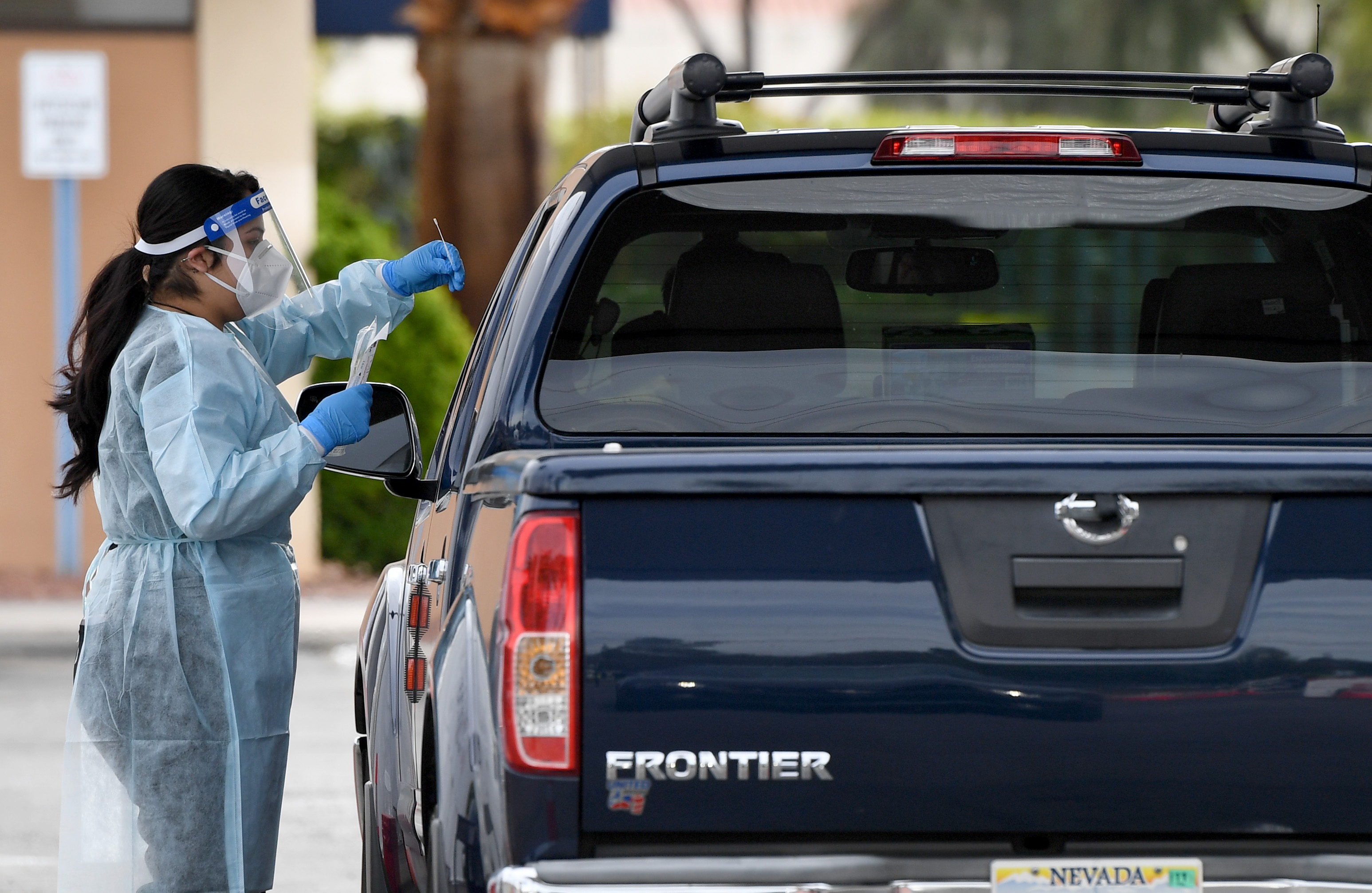A man caught coronavirus twice—and it was worse the second time

The news: A man in the US caught covid-19 for a second time in the space of just two months, according to a study published in The Lancet Infectious Diseases. That makes him the fifth person to have officially caught the coronavirus twice, after cases recorded in Hong Kong, Belgium, Ecuador, and the Netherlands (and there will certainly be more cases we don't know about). However, what’s strange about his case is that he had had a worse bout of illness the second time. His doctors compared the genome of the virus during the two illnesses and found they were too different to have been caused by the same infection. There’s only one other recorded instance where this has happened—the case in Ecuador.
The details: The 25-year-old man tested positive for the first time on April 18, after experiencing several weeks of symptoms including sore throat, cough, headache, nausea, and diarrhea. He felt fully recovered by April 27, and tested negative for the virus on both May 9 and 26. But just two days later, on May 28, he developed symptoms again, this time with fever and dizziness too. He tested positive on June 5 and needed to be hospitalized after his lungs were unable to get enough oxygen into his body, causing hypoxia and shortness of breath. He had no underlying health conditions. The man has now recovered.
The significance: Being infected once does not mean you’re protected from being infected again, even if such cases are still vanishingly rare, with just five identified out of nearly 40 million confirmed cases worldwide. That means people who have had covid-19 still need to stay vigilant, following the advice on social distancing, wearing face masks, and avoiding crowded, poorly ventilated spaces. This was not altogether unexpected: coronavirus experts warned us that other coronaviruses, such as the common cold, are seasonal. However, there are still many questions that researchers are racing to answer. How much protection does having covid-19 confer? Is that mainly through antibodies or T cells? How long does protection last? What does it mean for the medical treatments that are being developed, or for vaccines? Will we all require a yearly shot rather than a one-off vaccine, for example? If nothing else, this new case is a reminder of how much about this virus we still don’t know.
Deep Dive
Biotechnology and health
How scientists traced a mysterious covid case back to six toilets
When wastewater surveillance turns into a hunt for a single infected individual, the ethics get tricky.
An AI-driven “factory of drugs” claims to have hit a big milestone
Insilico is part of a wave of companies betting on AI as the "next amazing revolution" in biology
The quest to legitimize longevity medicine
Longevity clinics offer a mix of services that largely cater to the wealthy. Now there’s a push to establish their work as a credible medical field.
There is a new most expensive drug in the world. Price tag: $4.25 million
But will the latest gene therapy suffer the curse of the costliest drug?
Stay connected
Get the latest updates from
MIT Technology Review
Discover special offers, top stories, upcoming events, and more.